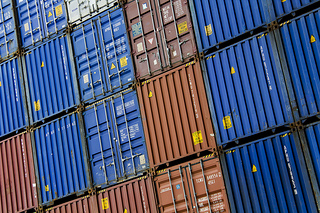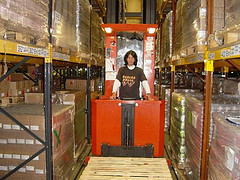Chinese Officials Drop Anchors on European Shipping Agreement

Economists and shipping and oil company A.P. Moeller-Maersk A/S are stunned over China’s rejection of a freight agreement that would have changed the way countries handled imports and exports. According to Bloomberg News, “China blocked formation of a global alliance by the world’s three biggest shipping lines, ignoring Western approval of the plan and sending A.P. Moeller-Maersk A/S (MAERSKB) shares tumbling the most in two years.”
Chinese officials believe the arrangement isn’t in the country’s best interest. The global trade agreement would have controlled around 47 percent of transport traffic throughout Asia and Europe. Chinese officials worry that the market would become more concentrated and therefore diminish the country’s trading power.
The Wall Street Journal notes, “China’s ambition to have greater say in global pricing trends is one factor behind its increasingly expansive use of its antitrust laws. China is the world’s largest trading nation in terms of imports and exports, making it a major customer for big shipping lines. It is the world’s largest importer of copper, soybeans and iron ore, and it is challenging the U.S. as the world’s largest importer of oil.”
The agreement was poised to bring together three global shipping companies in hopes that the increased traffic and open trade routes would be mutually beneficial for all countries, which would make it possible to ship 2.6 million containers between Asia and Europe with access to loops in the Pacific and Atlantic oceans.
UK Reuters reports, “The three firms had hoped to pool about 250 ships together on three trade routes, including Asia-Europe, helping them to cut costs and increase efficiencies at a time when the global shipping industry is battling overcapacity. The plan had already been approved by United States and European regulators.”
In addition to the 250 ships, 29 trade loops would have been joined to increase transport capacity for container shipments.







